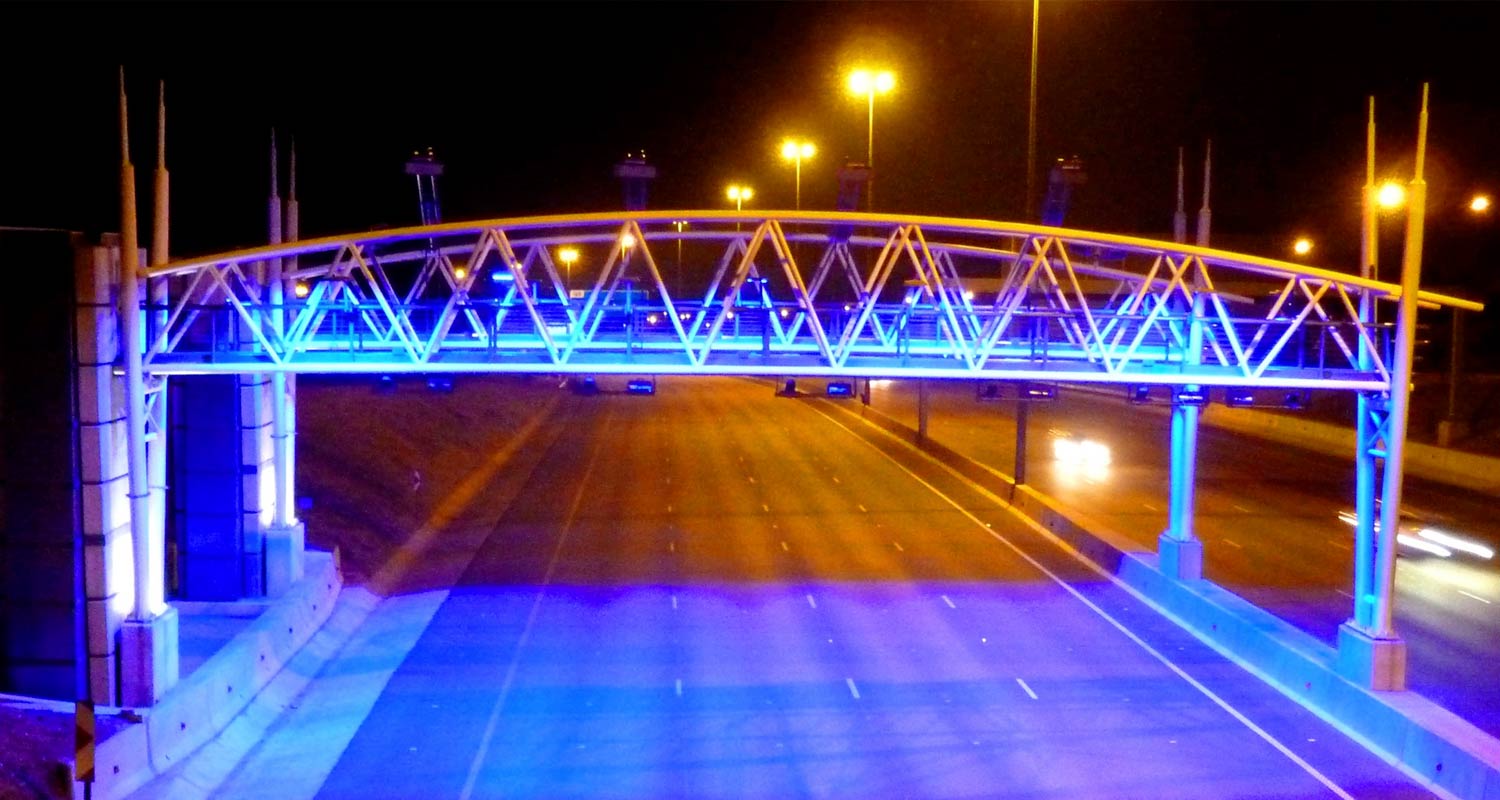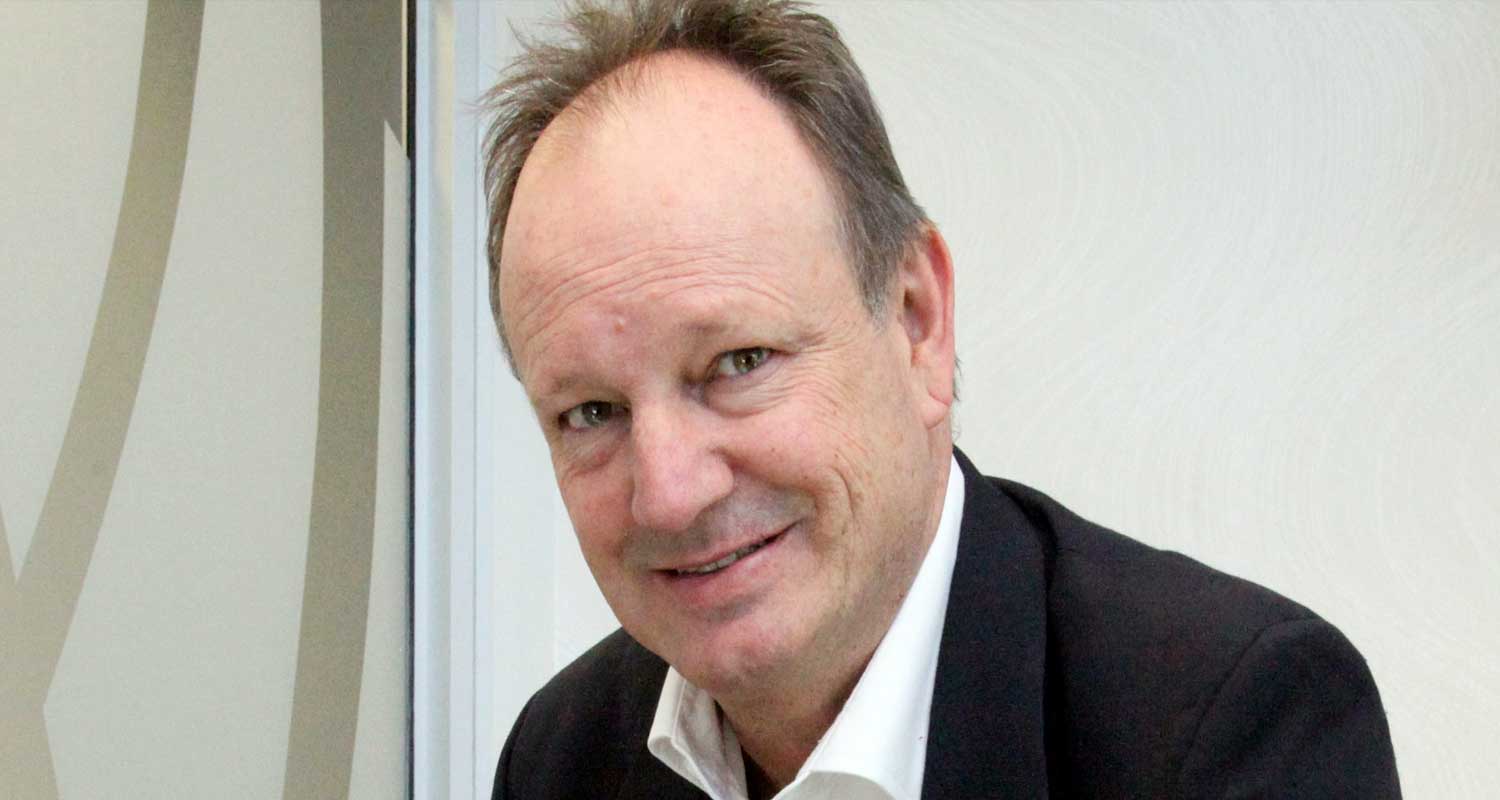
Gauteng premier Panyaza Lesufi’s state of the province address has promised a “smart province”, efficient service delivery and an end to e-tolls. But he may not be in office after the election to deliver on these promises.
A recent survey conducted by Prof David Everatt of the Wits School of Governance found that the ANC could garner only 35% of the vote in the province, a “calamitous drop” from the 50% of 2019.
But Lesufi has no such qualms. “We are on course towards a Gauteng with a seamless, integrated public transport system; an advanced railway and high-speed rail system; smart mobility solutions, electric vehicles and efficient road systems that connect people with economic nodes and other provinces,” he said.
“Last year, we assured the people of Gauteng that e-tolls would be a thing of the past. I am happy to report that on 26 January 2024, a final meeting was held between the Gauteng provincial government and the ministers of finance and transport. We remain confident that we should be able end e-tolls by March 2024.”
But the Gauteng government – including Lesufi – has been promising to do away with the much-loathed e-tolls for years, with little sign of concrete action.
In 2022, finance minister Enoch Godongwana agreed to national government taking over responsibility for 70% of roads agency Sanral’s debt incurred through the non-payment of e-tolls.
Godongwana allocated a R23.7-billion bailout and said the Gauteng government would be responsible for the other 30%. This means the Gauteng government is responsible for the upkeep of the roads and infrastructure.
‘Heard this all before’
Opposition to Urban Tolling Alliance (Outa) CEO Wayne Duvenage told TechCentral: “We’ve heard this all before. I’ve lost count of all the times that promises to end e-tolls have been made since 2019 but the deadlines are never met.
“Obviously we welcome it and we’ll be pleasantly surprised, but we’re not holding our breath. And we don’t buy the excuses, that they’ve been waiting for decisions to be made by treasury. Gauteng gets the bulk of its money from treasury and it has been funding the shortfall for the last eight years, so why is there a delay?” he asked.
The Gauteng Freeway Improvement Project (GFIP) gantries have been recording e-toll bills since 3 December 2013. Outa was formed in 2012 to oppose the e-toll system, starting with legal action to overturn the system, and although its mandate has since expanded to oppose government corruption, it is still involved in a long-running legal battle over the constitutionality of the e-tolls project.
Read: E-tolls: ‘Not simply a matter of scrapping and not scrapping’
Duvenage says as long as the indecision and procrastination continues between national and provincial government over financing the GFIP bonds, Sanral’s quandary will continue, as will society’s confusion over the e-tolls. “We cannot understand why it is so difficult to make these decisions.
‘Sanral is saying the province must pay for maintaining its roads, but this is a national responsibility. Are they going to say the same about Umhlanga or cities in other provinces?

“What is needed now from the provincial government is some consistency, clarity and closure about what’s happening.”
Lesufi also said technology is no longer “just a luxury; it is a fundamental right, which connects communities and fosters inclusivity. We previously announced that we would provide reliable internet and access to free Wi-Fi in the townships.”
He said that through private-sector partnerships with Telkom, Herotel and Broadband Infraco, more than 50 townships are now covered with broadband, allowing residents and enterprises to access high-speed internet services at reasonable rates.
“In the current financial year, more than 42 township areas have been covered with broadband. We have made investments intended to modernise infrastructure for the roll-out of the Gauteng provincial network, which is being maintained to ensure its resilience as a backbone for connectivity…
“Beyond 2024, all public institutions, schools, healthcare facilities and state offices will have dependable Wi-Fi,” he promised. “All our schools will be paperless and supported by advanced artificial intelligence solutions.”
Lesufi said, too, that the provincial government plans to add 10MW of electricity to the grid to reduce the impact of load sheading of residents.
Read: E-tolls: the nettle government refuses to grasp
“This is an initiative implemented by City Power on our behalf using the open-cycle gas turbine technology facilities in John Ware and Durban Street and will be available from 1 April 2024. We will continue to expand to 300MW in the new financial year. This investment, combined with smart meters, can generate the megawatts needed to cushion our residents against two stages of load shedding, a critical step towards energy stability for the nation’s economic hub.” — © 2024 NewsCentral Media




